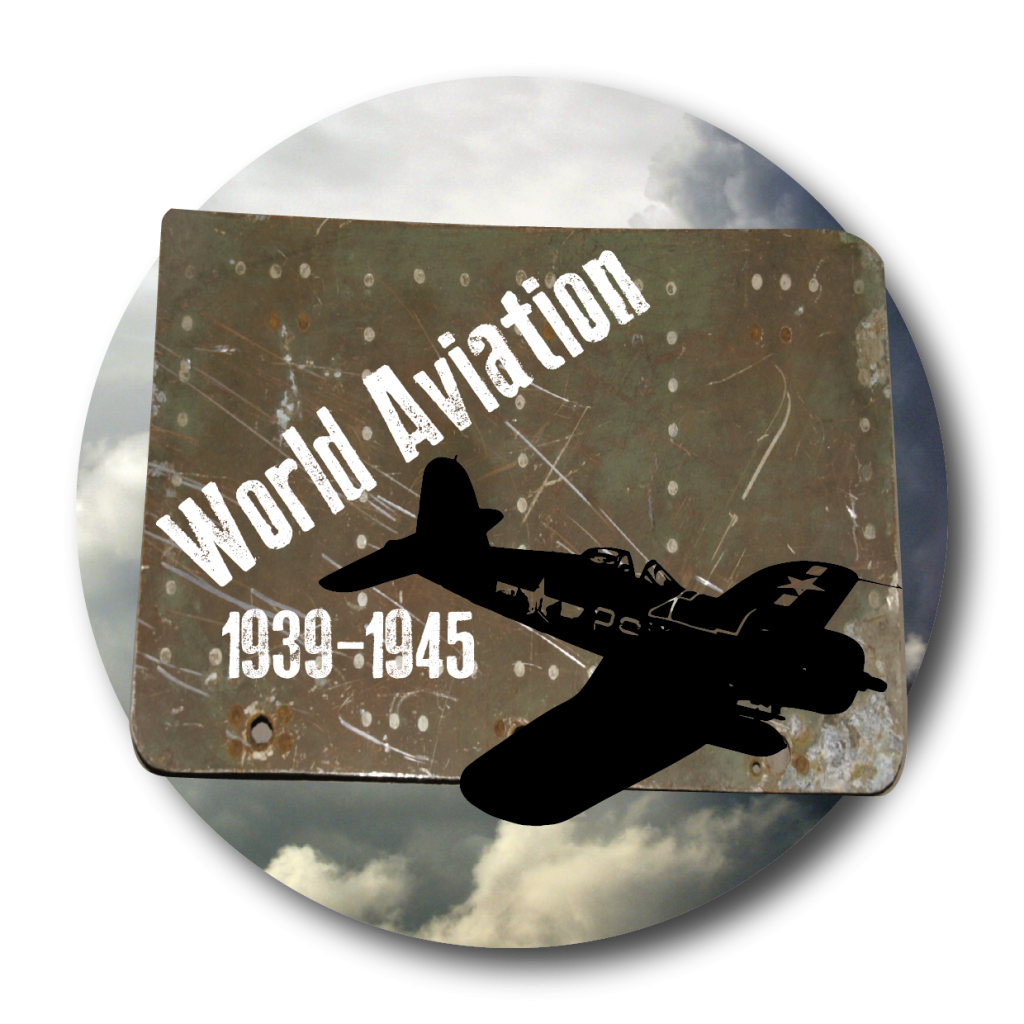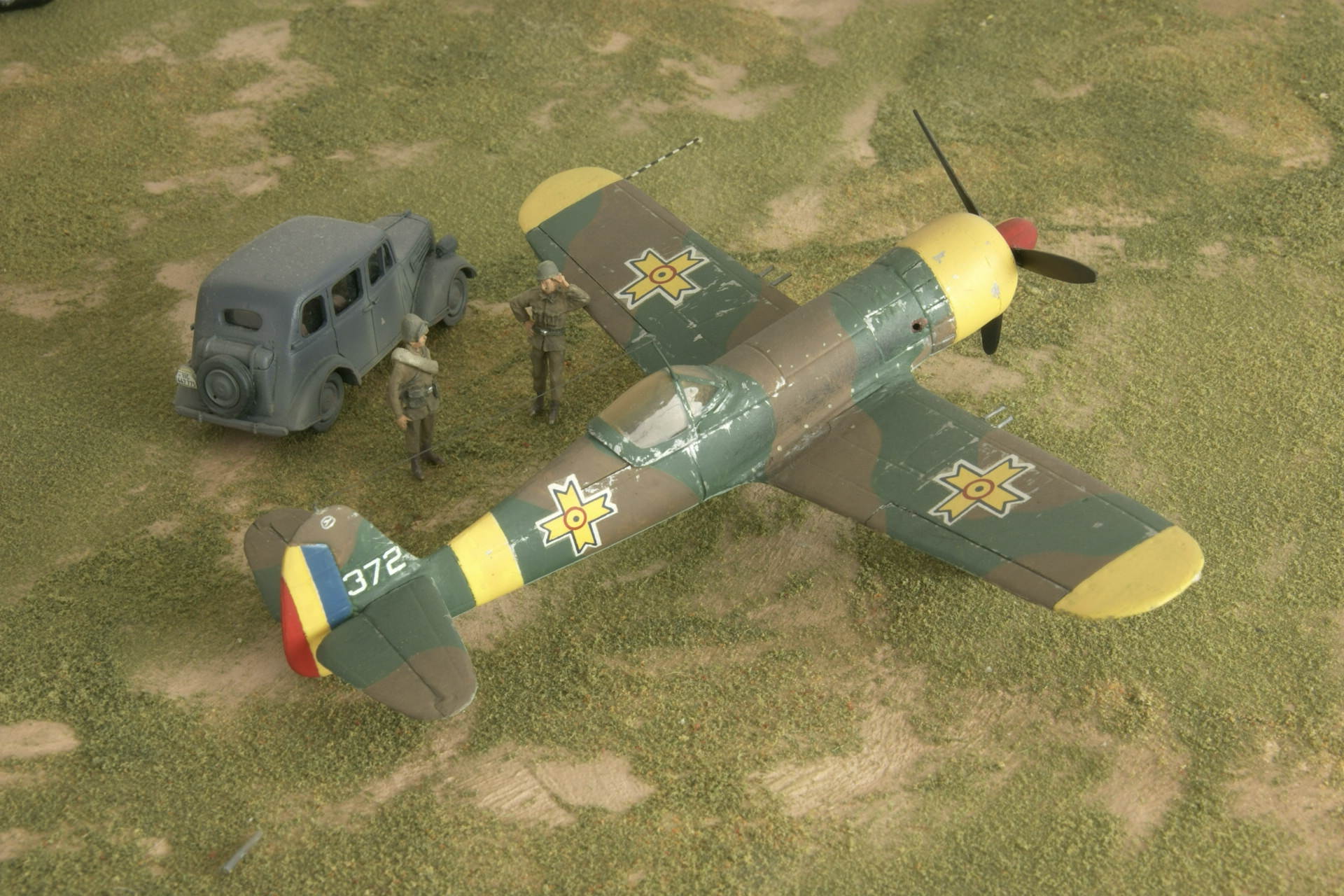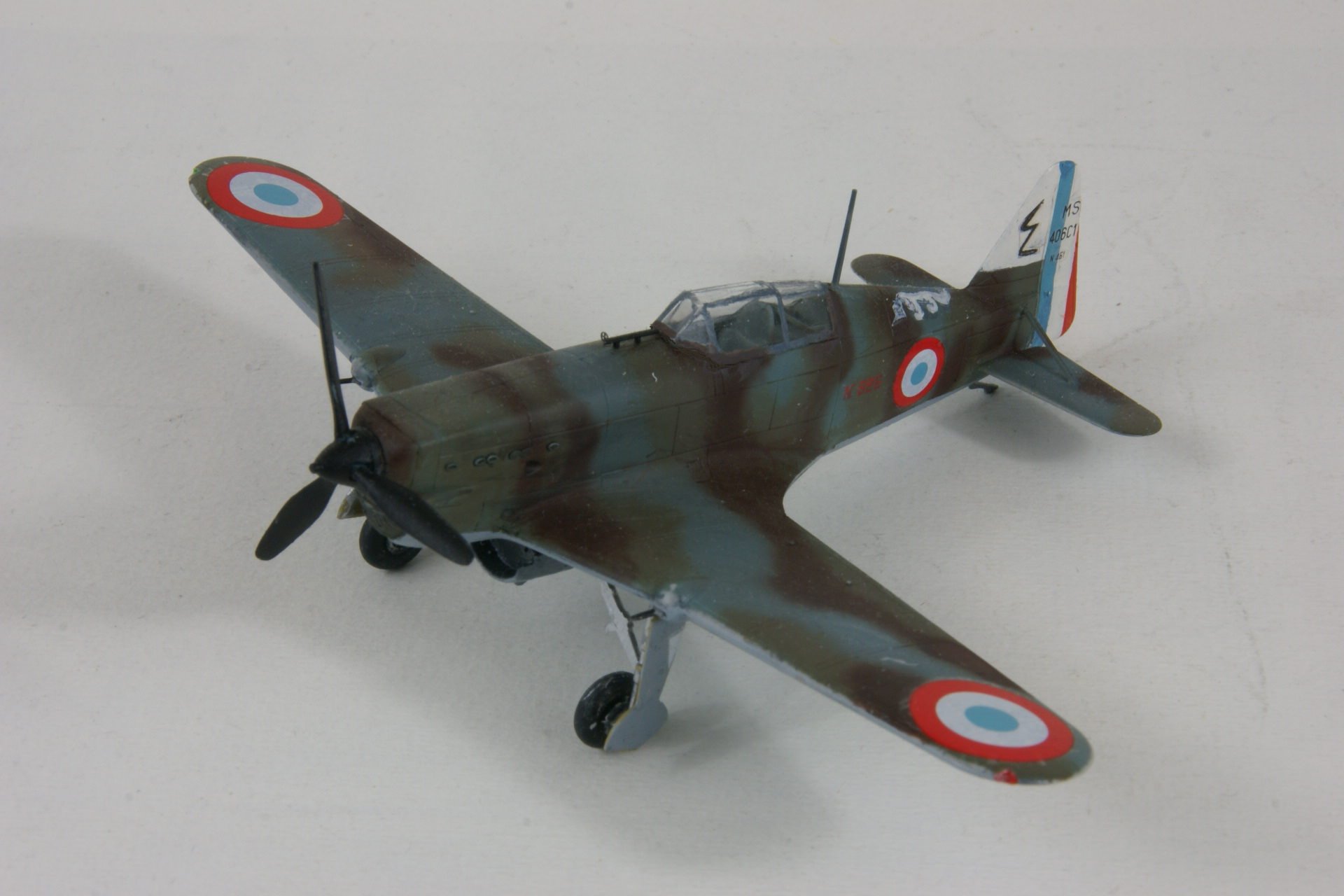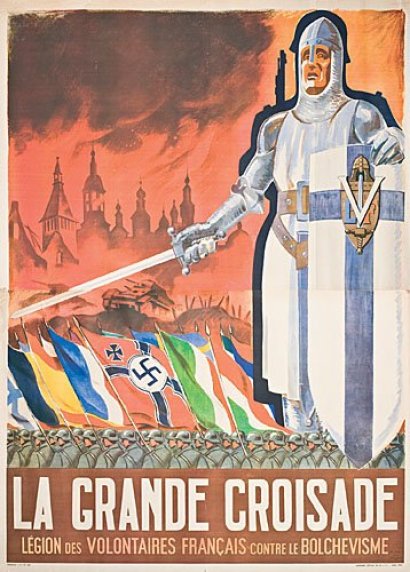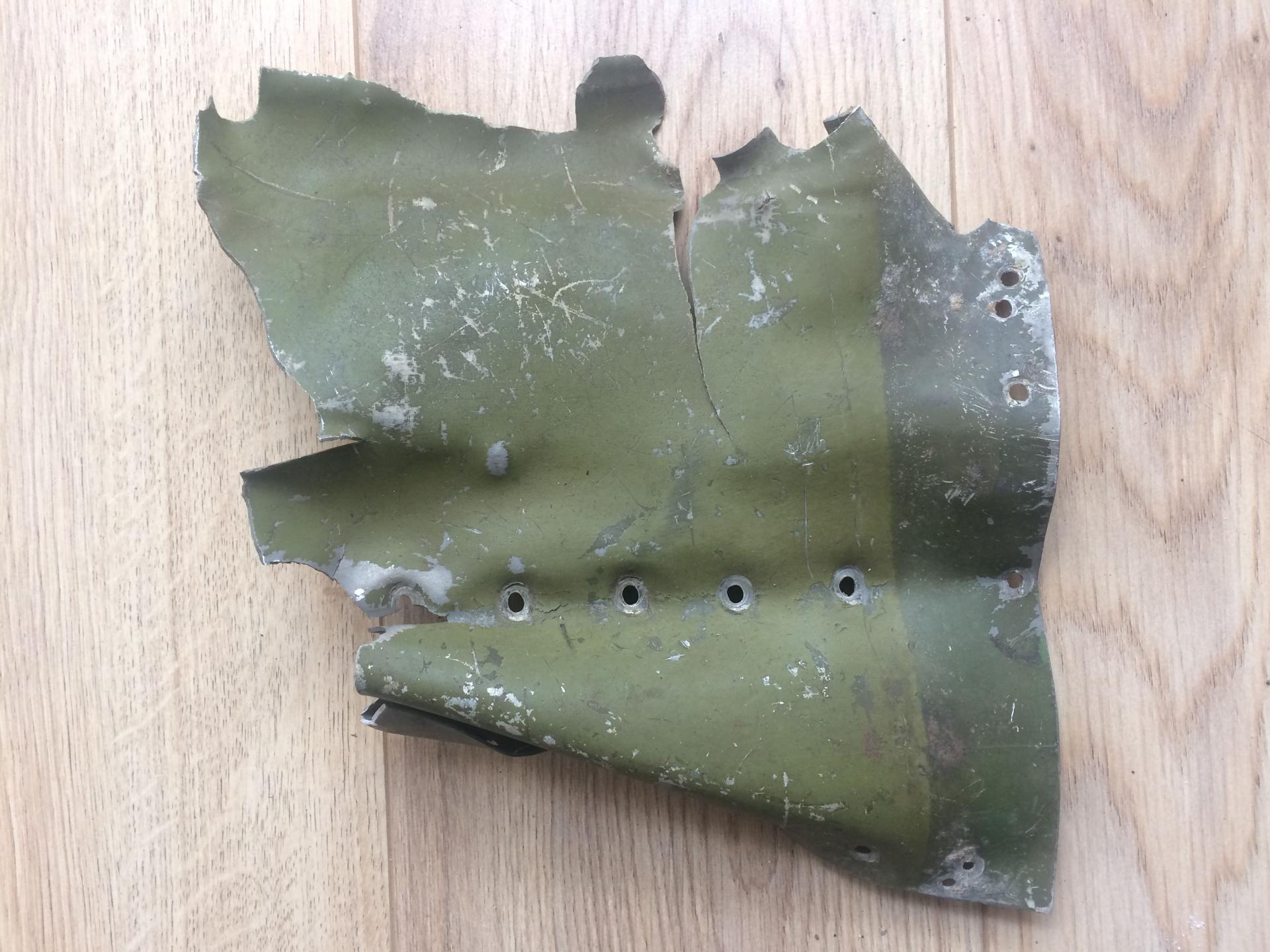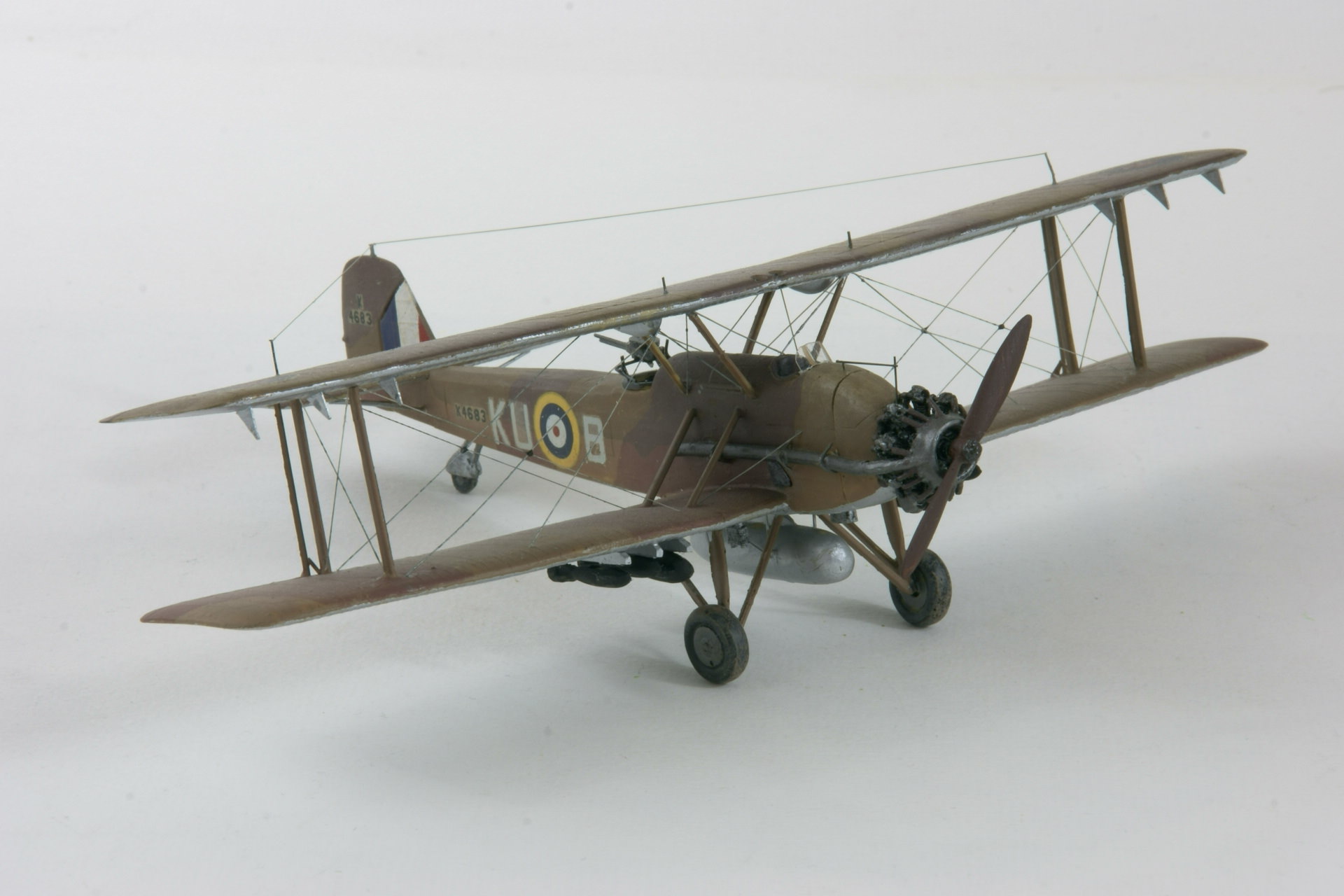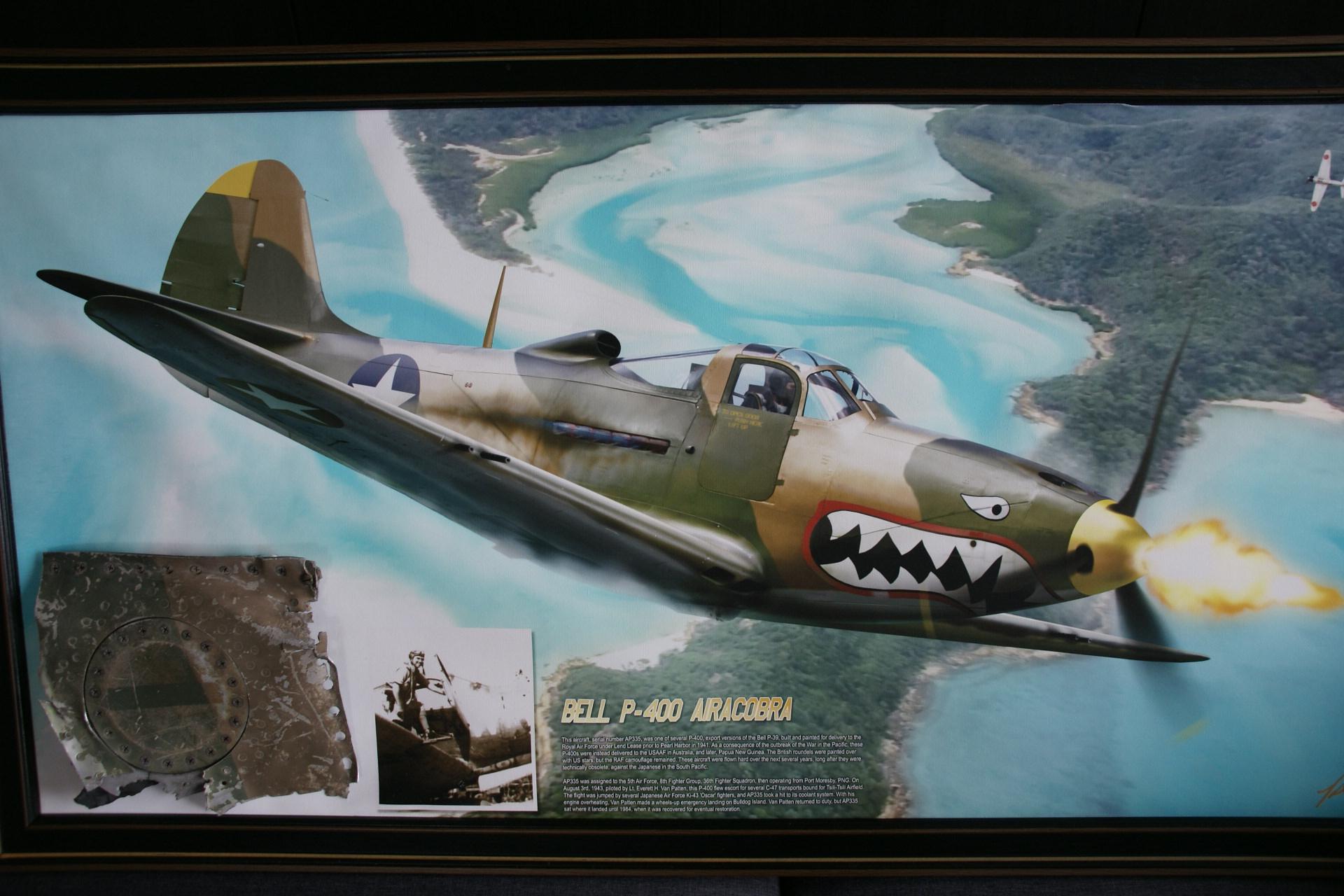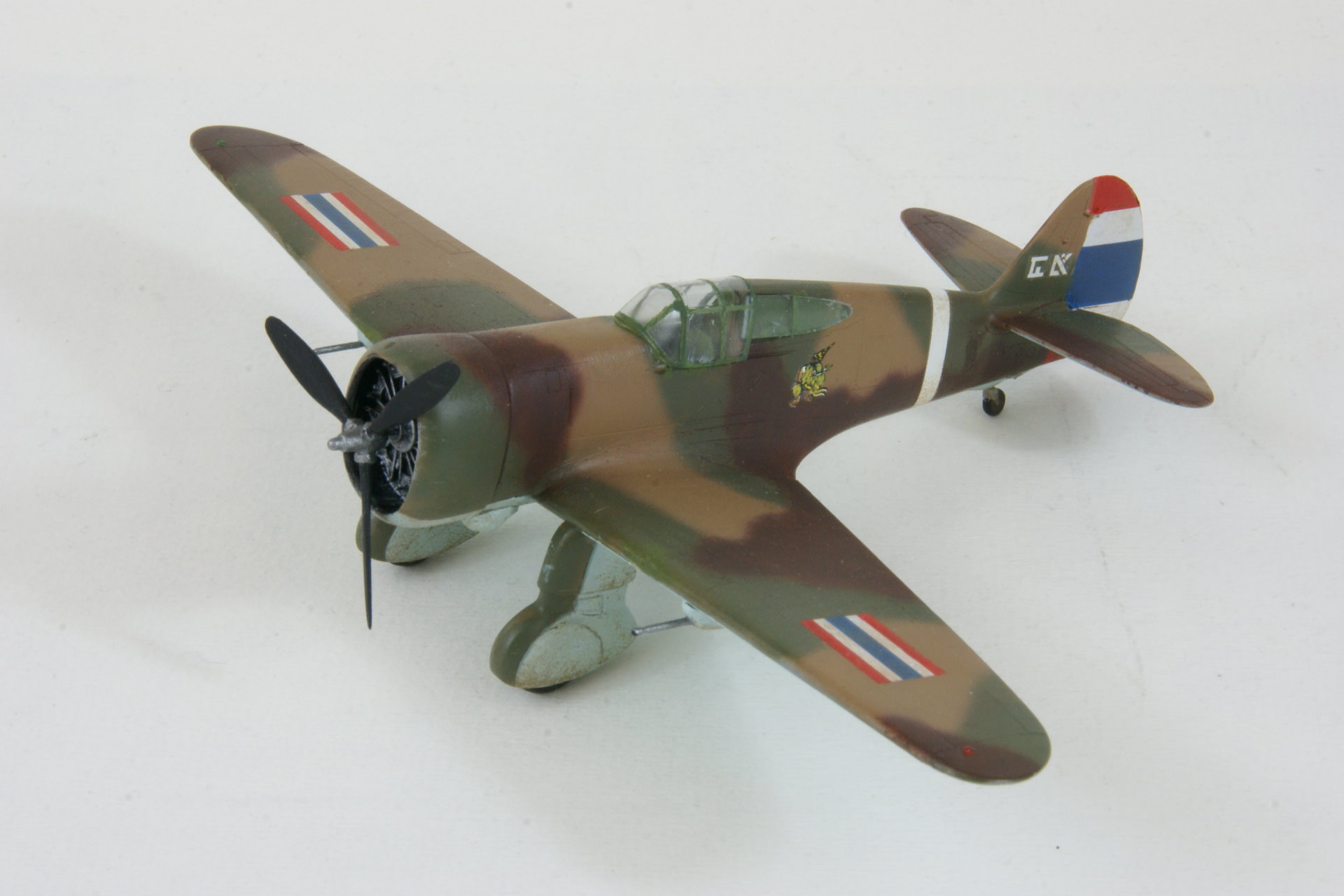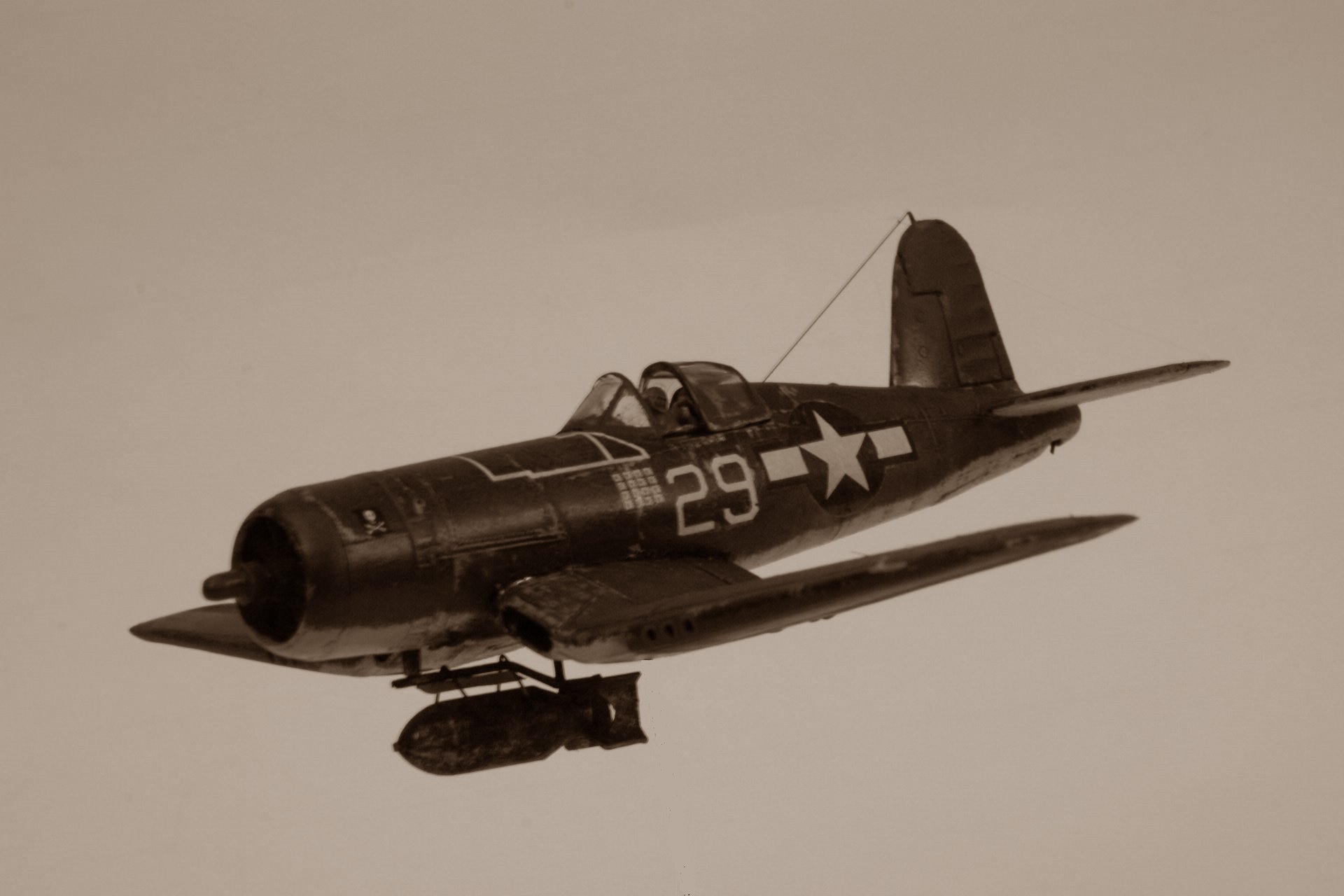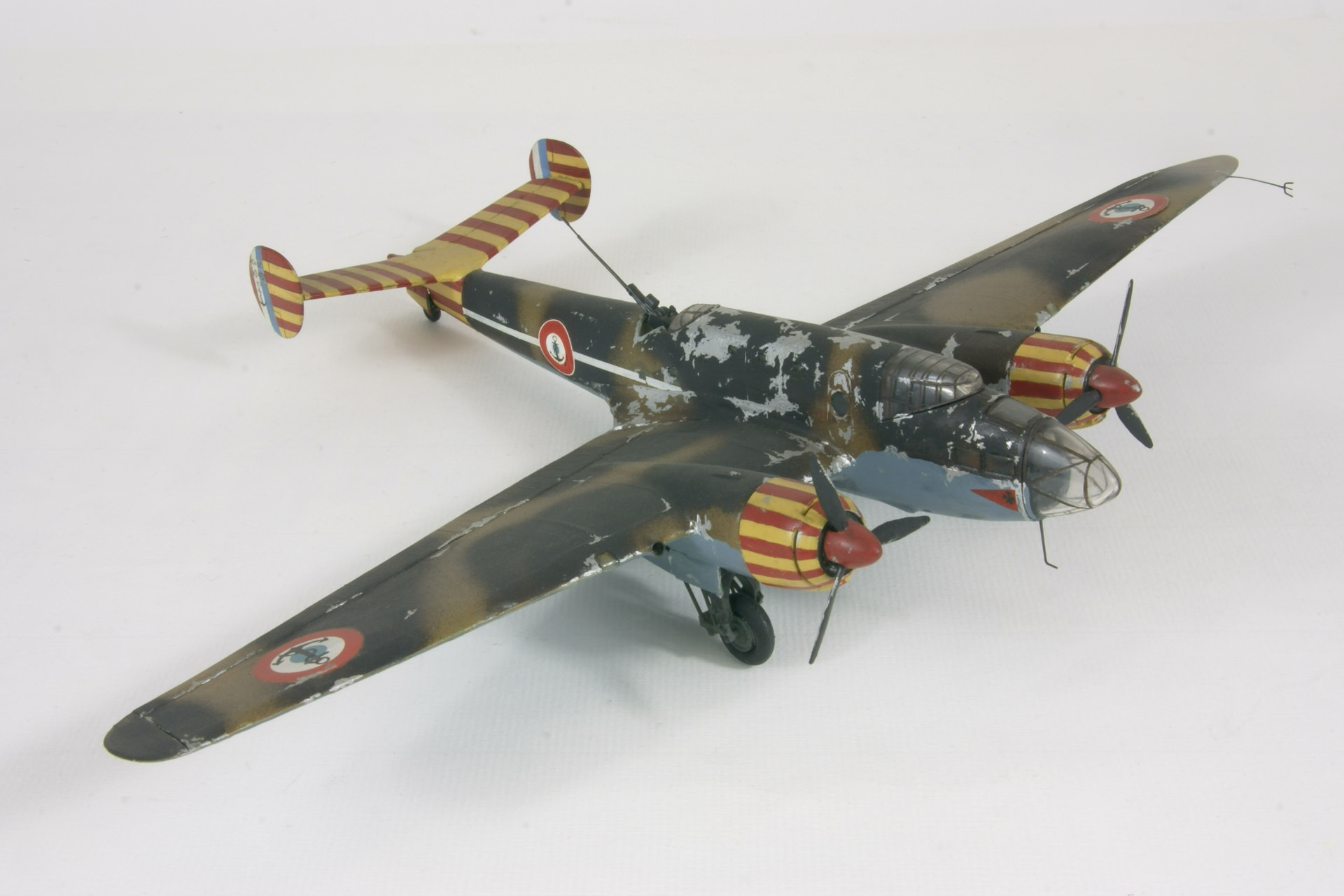Junkers

-
Junkers F.13
Junkers F.13 of the FFS (Flugzeugführerschule) A/B 1, Görlitz, Germany, June 1940. The Junkers F 13 was the world's first all-metal transport aircraft, developed in Germany at the end of World War I. It was in production for thirteen years and in commercial service for more than thirty. -
Junkers G-38
Junkers G-38 of the KGrzbV (Transport) 172, Athens-Tatoï, Greece (May 1941). The Junkers G.38 was a large German four-engined transport aircraft which first flew in 1929.[1] Two examples were constructed in Germany. Both aircraft flew as a commercial transport within Europe in the years leading up to World War II. -
Junkers 52 3m9e
Junkers 52 3m9e of the KGzbV 700 (Transport), Russia (December 1942). The Junkers Ju 52/3m (nicknamed Tante Ju ("Aunt Ju") and Iron Annie) is a transport aircraft that was designed and manufactured by German aviation company Junkers. Almost 5000 were built. -
Junkers 87B-2 Trop
Junkers 87B-2 Trop of the 1./StG 3, Wadi Ed Daba, Libya (1942). The Junkers Ju 87 or Stuka (from Sturzkampfflugzeug, "dive bomber") was a German dive bomber and ground-attack aircraft. An estimated 6,500 Ju 87s of all versions were built between 1936 and August 1944. -
Junkers 87G-2
Junkers 87G-2 of the 10.(Pz)SG2, Ferihegy, Hungaria (September 1944). With the G variant, the ageing airframe of the Ju 87 found new life as an anti-tank aircraft. almost 208 G-2s were built. -
Junkers 87R-2
Junkers 87R-2 of the 6./StG2, Tmimi, Libya, (1941). The Ju 87R, the letter being an abbreviation for Reichweite, "(operational) range" was a long range version of the Ju 87B.The Ju 87R had a B-series airframe with an additional oil tank and fuel lines to the outer wing. -
Junkers 88A-4
Junkers 88A-4 of the 7./KG 30, Adler Geschwader, Mediterranean region (1941-1942). The Ju 88A-4 was improved variant. Longer wingspan, due to redesigned wingtips. Stronger defensive armament. Power provided by Jumo 211 J-1 or J-2, driving wooden bladed propellers. Reinforced undercarriage. four external bomb racks. -
Junkers 88D-1
Junkers 88D-1 of the 3.(F)122, Russia (September 1941). The Junkers 88D-1 was a long-range photo-reconnaissance variant based on Ju 88 A-4. -
Junkers 188E-1
Junkers 188E-1. The Junkers Ju 188 was a German Luftwaffe high-performance medium bomber built during World War II. The first three production Ju 188 E-1 machines were delivered with BMW engines in February 1943.
